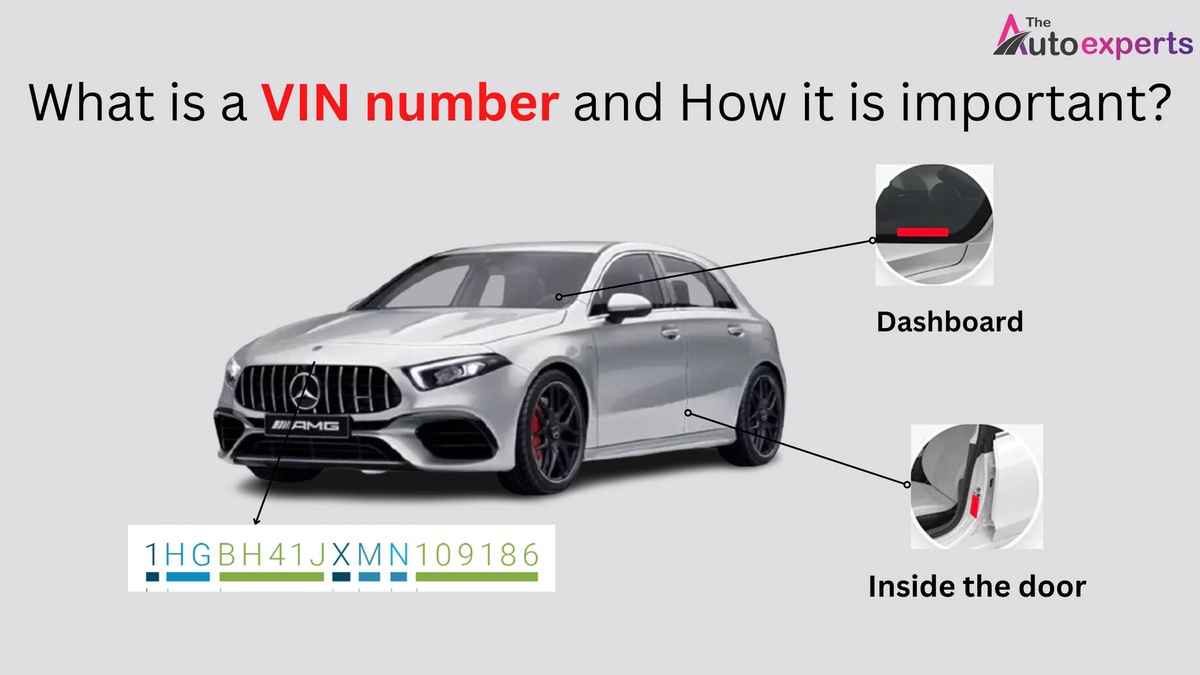Introduction:
Purchasing a used car is exciting, promising newfound mobility and adventure on the open road. However, beneath the gleaming exterior of that pre-owned vehicle lies a history that is only sometimes apparent. This is where DVLA VIN number check come into play, serving as a crucial tool for every used car buyer.
In this blog post, we will delve into the world of DVLA VIN number checks, explaining why they are indispensable for anyone considering the purchase of a used car. We'll explore what DVLA VIN number checks entail, the critical information they provide, and how they can safeguard you from potential pitfalls in the used car market.
What Is a DVLA VIN Number Check?
Before we dive into why DVLA VIN number checks are essential, let's first understand what they entail. DVLA (Driver and Vehicle Licensing Agency) VIN number checks, also known as vehicle history checks, involve examining a car's unique Vehicle Identification Number (VIN) to unveil a comprehensive history of the vehicle.
A VIN is a 17-character code assigned to every car, acting as its fingerprint. It reveals essential details about the car's make, model, year of manufacture, engine size, and more. However, DVLA VIN number checks go beyond these basics. They provide valuable insights into a car's past, helping you make an informed buying decision.
The Vital Role of DVLA VIN Number Checks:
1. Uncovering Hidden Issues:
- DVLA VIN number checks can unveil a car's hidden history, including whether it has been reported as stolen, written off, or has outstanding finance. Discovering these issues before purchase can save you from a world of trouble.
2. Verification of Mileage:
- By cross-referencing the VIN with recorded mileage data, DVLA checks can help ensure that the odometer reading is accurate. This protects you from unknowingly buying a 'clocked' car with tampered mileage.
3. MOT and Tax Records:
- DVLA checks provide information on a car's MOT history and tax records. This lets you know if the vehicle has been adequately maintained and is up to date with legal requirements.
4. Peace of Mind:
- The most significant advantage of DVLA VIN number checks is the peace of mind they offer. They empower you with comprehensive information about the car's background, enabling you to make an informed decision.
How to Perform a DVLA VIN Number Check:
Performing a DVLA VIN number check is a straightforward process:
1. Obtain the VIN:
- Ask the seller for the car's VIN. It's typically located on the dashboard near the windshield or the driver's side door frame.
2. Choose a Reputable DVLA Check Service:
- Select a trusted DVLA check service, many of which are available online. Examples include the official DVLA website or third-party services like AutoCheck.
3. Enter the VIN:
- Input the VIN into the DVLA check service's website or system. This will initiate a search of the car's history.
4. Review the Report:
- Carefully examine the DVLA check report for any red flags. Look out for issues like outstanding finance, mileage discrepancies, or previous accidents.
Conclusion:
Vehicle history check is an indispensable tool for every used car buyer. They provide a wealth of information that can protect you from making regrettable choices and ensure that your used car purchase is a sound investment. Don't overlook the power of the VIN—embrace DVLA checks and drive away with confidence, knowing that you've made a well-informed decision in the complex world of used car buying.


No comments yet